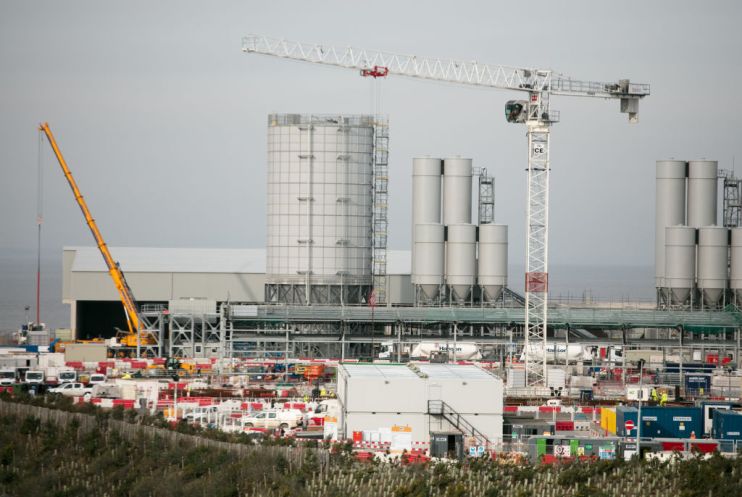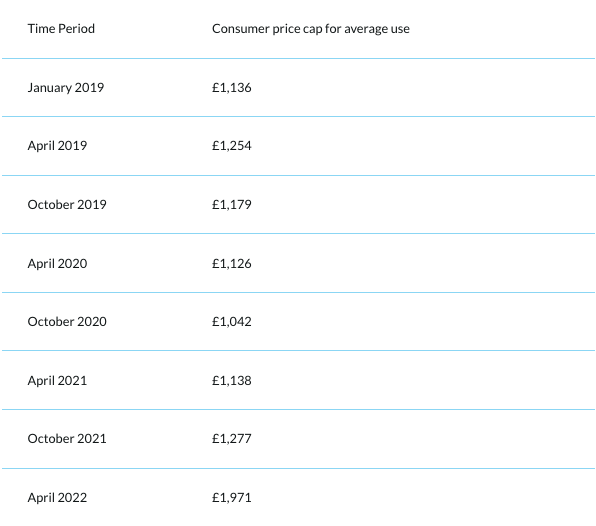PM bets big on nuclear but energy industry complains it’s too little in face of price crisis

The government’s heavily trailed energy strategy failed to power much optimism yesterday, with one of the UK’s largest providers saying it offered little “that will deliver a solution this decade, let alone this year.”
The plans include a five-fold increase in offshore wind power, a quadrupling of nuclear power generation and further scope for North Sea oil and gas exploration.
Prime Minister Boris Johnson said: “We’re setting out bold plans to scale up and accelerate affordable, clean and secure energy made in Britain, for Britain – from new nuclear to offshore wind – in the decade ahead.”
In particular, he talked up the government’s nuclear power push, declaring “nuclear is coming home” and that the UK would regain its “pre-eminence” in the field.
The government has committed to building eight new nuclear reactors – including Hinkley Point C – by the end of the decade.
Energy providers and industry chiefs however, slammed the strategy for failing to provide support for households during the current crisis, and for backtracking onshore wind proposals.
EON UK chief executive Michael Lewis urged the government to encourage energy efficiency, by providing people with the ability to insulate and improve their homes ahead of the winter.
He argued such measures would “cut bills and carbon emissions today.”
Household energy bills have spiked to nearly £2,000 per year this month, with the latest forecasts from Cornwall Insight warning prices could rise again this year by a further 33 per cent to £2,599 per year in October.

Meanwhile, Emma Pinchbeck, chief executive of industry body EnergyUK called on the government to address “delays and barriers” preventing the development of onshore wind across the country.
She told City A.M.: “As the cheapest form of generation available and some of the fastest to build, onshore has the potential to make a big contribution to our supply of domestic clean energy.”
Prior to the announcement, Business Secretary Kwasi Kwarteng was reportedly prepared to relax planning laws to double onshore wind production by the end of the decade.
However, the move faced cabinet opposition and the government will instead be “consulting on developing partnerships” with “supportive communities” to build more onshore wind sites.
The Adam Smith Institute’s Morgan Schondelmeier criticised the backtracking, describing NIMBYs as the “bane of any successful government.”
Speaking to City A.M., she said: “The backlash against onshore wind epitomises the problem the conservative party is currently facing: necessary improvements are being blocked by special interests.”